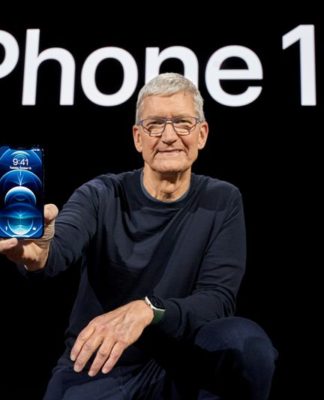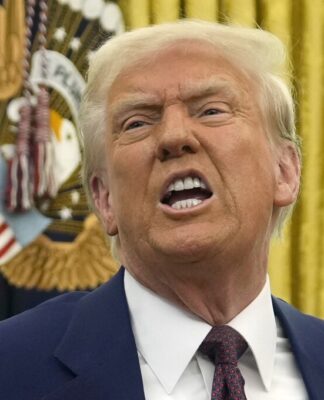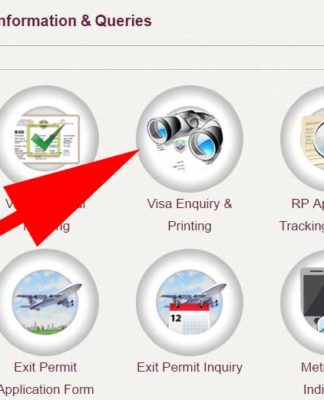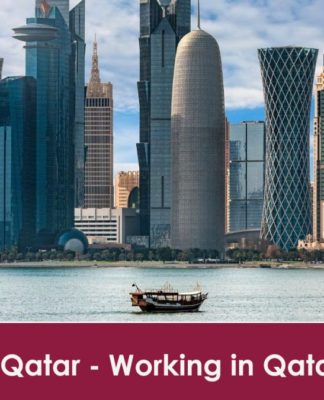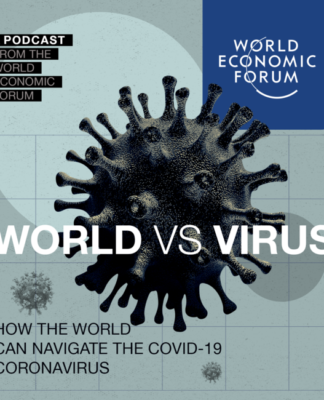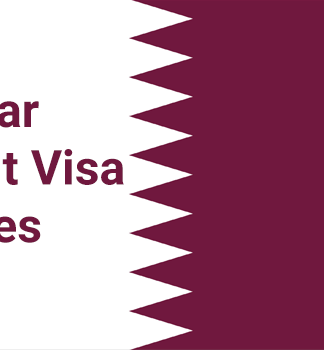“We are facing a great famine” PM of Slovakia said about blocked seaports on the Black Sea
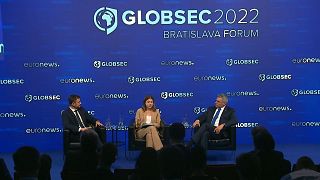
‘Burning the Bread Basket, Wider Impact of Russia’s Aggression in Ukraine’.
Euronews held a discussion panel with Eduard Heger, Prime Minister of Slovakia and Karl Nehammer, Austrian Chancellor about the global challenges happening as a consequence of Russia’s invasion of Ukraine on 24 February this year.
There have been more than 100 days of the war in Ukraine with heavy fighting in the Donbas region continuing. Seaports on the Black Sea remain blocked, stopping any grain from leaving the country amid a global food crisis, particularly in vulnerable countries reliant on bread and wheat such as Africa.
Since this panel discussion, Russian President Vladimir Putin said he’ll “guarantee the safe passage with no problems” of grain exports from the Black Sea ports such as Odesa.
Euronews correspondent Sasha Vakulina hosted the panel.
MAIN CHALLENGES
It’s 100 days since the war began, what are the most urgent issues at the moment?
“Well, we heard from the president of Ukraine, Volodymyr Zelenskyy, that, first of all, they need help with the weapons to protect themselves,” explained Eduard Heger, Prime Minister of Slovakia. “But the very second important issue is the grain that they have in Ukraine and it is blocked.”
“It has to be delivered to the other parts of the world very fast because otherwise, we are facing a great famine. And to me, we didn’t think of this at the beginning. When Putin started the aggression, we saw the impact on Ukraine,” Heger explained. “Then we started immediately to feel the impact on the European Union. But now we see how he’s actually, I would say, terrorising the people in other parts of the world who have nothing to do with this war and actually pushing them towards the threat of a great famine, which could then cause a great migration wave. It’s such a great instability.”
“So that’s why we have to act very quickly. And the first priority is to help the Ukrainians secure the seaports so they can start to export grain on to the boats, on to the vessels, because we know that if we use the trains, it’ll be slower to export the grain over the grain routes.”
This is also slightly different when it comes to Europe because we have heard already the stark warning from the UN about the food crisis and food security, that it could last for years if this is not tackled and solved now. But also, since the beginning of April, we heard from the European Union, that for the moment the EU is largely self-sufficient for food.
“I think what we need now is to remove the wheat from Ukraine,” explained Karl Nehammer, Chancellor of Austria. “So, for example, the U.N. general secretary has started two missions to help create safe corridors, to take the corn out. And, for example, in a phone call, President Putin guaranteed that the Russian military will not attack any transport of corn.”
“So, you know, we have the harbour of Odesa, for example, it was mined and he told me now the Ukrainians have to clear the mines,” said Nehammer. “And I told him, yeah, it’s a good idea, but you have to guarantee that the Russian armed forces will not attack the hub of Odesa. He told me, he would guarantee that. But, you know, these are only words. We don’t know if that’s true or not. So I think we need the United Nations now in this question because maybe in the future there will be a possibility to free the harbours. But now we have to export the seeds, wheat and corn from Ukraine.”
SECURING SEAPORTS
How can we somehow secure an instant solution now, and also one that would work, not in the long term, because infrastructure is a different conversation when it comes to rail deliveries, but in a month or in six months for the next harvest of grain.
“The first thing is, to secure the ports, let’s say Odesa and others, and then find a solution where we will have Russians on one side, Ukrainians on the other side, and then get the product out of the country,” explained Heger.
“It also means we would hope the security inside the country could be secured so that replanting of a new harvest would be ready to go. Since Ukraine is the ‘breadbasket’ of the world, these would be the national priorities.”
“So I think that’s what we have to emphasise also to Vladimir Putin – he must understand that these are global priorities and the pressure of the countries of this global issue must be there. We must be united and say you are causing too many problems, so free the way for securing food for the rest of the world. And then, this is the second step and then we can speak about rebuilding the infrastructure in Ukraine because we don’t want this country to die in front of our eyes because it doesn’t have enough resources. It cannot be self-running.”
GETTING AFRICA ON BOARD
Why do African governments remain neutral in the aggression against Ukraine when they suffer most from the food blockage? How would it help if African countries got on board with the wider solutions when it comes to sanctions?
“It’s really a very good question because we have to accept that we have strong opinions in the so-called Western world, but not in the rest of the world. And the rest of the world is huge,” explained Nehammer.
“We talk about China, we talk about India, we talk about Africa. So what we have to do now is to find allies. And we have to convince them and we have to protect them as well. We talked about corn, the export of corn from Ukraine and wheat. We didn’t talk about fertilisers. It’s a very important question when we were in the council in Brussels, we also met the president of the African Union in a video conference, and the president told us they need fertilisers,” explained Nehammer
Heger said “We’ll also have to attract the other global partners and say you must get on board, because if you’re not part of it, if India is not part of the solution, if the United States is not part of the solution, if the African countries are not part of the solutions then we will not have the solution. Especially because the food crisis is the first stage of a security crisis and we don’t want that. So that’s why we have to get them on board and I think that will help. They will get on board.”
“When the war started against Ukraine the solidarity in Europe was really strong and I think for the first time we really showed unity against the Russian aggression,” explained Nehammer. “But the world watched us at this moment and African states said, ‘oh, that’s interesting, if something happens in Europe you live in solidarity. You stay strong. We had so many crises in Africa the years before. Where have you been? What does a life count in comparison in Africa to Europe.’ And I think we have to think about that.”
“The reason why they don’t support this because they say, now you’re coming, now you want us to support the sanctions against the Russian Federation. But we need also the Russian corn. So why shall we do that? We need Russian fertilisers, so why shall we do that? I think we have to show our interest to the continent in a way so that they can believe us,” Nehammer said.
“We say to the countries around us, if they want to join us, they will have to reform themselves. But we see with these global challenges that there will have to be reforms of the global organisations,” Heger mentioned.
“Because what Karl just said, the countries from other continents are asking why weren’t you behaving like this when we were in trouble – it’s a very fair question because we are those who honour democracy and honour the values of freedom, rule of law, etc., justice, just and fair treatment. Then they ask, So how can we be faithful and give fair treatment and then not act fair to everybody?!”
WEAPONIZATION OF FOOD
In the early days of the Russian invasion, we talked about weaponizing energy as leverage by Russia. Now, the question is, is Putin weaponizing food? Syria, Lebanon, and Egypt are most dependent on grain from Ukraine and Russia. Could the food shortage lead to a new wave of refugees? And is this weaponizing food? “
“Well, he’s weaponizing everything,” said Heger. “Before he was weaponizing food, he’s weaponizing information because look how a hybrid war was conducted in Slovakia, in other countries on the eastern flank. I mean, so much dis-information, so many hoaxes, we didn’t face this much as we have during the last couple of months. So, yeah, he’s weaponizing and he will weaponize anything that he’s capable of, to disrupt us, to dis-unite us, because that’s his only tool that he has at this moment.”
“He doesn’t have a strong military, as everybody thought, and maybe as he thought. So he cannot defeat Ukraine as quickly as he thought. So he will add every mean tool to gain progress. But for us, we shouldn’t be afraid of it, because I think we are so strong. We just have to understand what principles we have to work toward and look for solutions. Just look at Finland and Sweden and Denmark, what happened over the last couple of weeks with them. I mean, we wouldn’t be able to have these decisions on their security if not for this,” added Heger.
“So we see that even though we don’t like it and we don’t think it’s right, this aggression, it’s actually activating a post-process that we were not willing to or we didn’t have the courage to do. And this gives us great hope, if we follow the same principles they will be able to achieve it,” said Heger.
“And the food, as we were discussing, there are solutions to it, but we need more partners because the Port of Odesa will be great training for us, whether we are capable to secure the security of Ukraine and at the same time allow the Ukrainians to export. If we achieve this, it’s a big step forward. But we’ll need other partners into this who will secure the sea,” Heger added.
NOT DOING A DEAL TO OPEN SEAPORTS
Putin will ask for a price for unblocking the Black Sea ports. Would you be ready to lift EU sanctions in exchange? Chancellor, you had a call recently with Vladimir Putin and he said that he was entirely aware of the issue of food security, also saying that he was giving signals he was ready to allow some experts over seaports, but that depends on lifting the sanctions.
“You know, he said the same to Olaf Scholz and Emmanuel Macron who phoned him after my call,” explained Nehammer.
“He didn’t mention the sanctions when he talked about allowing the exportation of corn out of the harbours on the Black Sea. But the question always is if you talk to the president of the Russian Federation, how far can we trust him. And I think we have to do different things, it’s like Eduard said. Odesa is very important to free up. On the other hand. None of us knows how long the war will take. The world needs corn now. So we have, I think, two parallel things. We have to try to find out if he really is a partner in the question of bringing out the corn or not.”
TRUSTING RUSSIAN PRESIDENT VLADIMIR PUTIN
How do you find that out? This is a very high price to pay if you’re testing, seeing whether there is trust or not. And if that doesn’t work what would be the price?
“No, there’s no question of sanctions and the question of bringing out the corn. I think this must be important in this scenario. And I think we need the United Nations and the secretary-general now who is trying his best. And let’s see how far we can go,” Nehammer said.
“Well, I think the sanctions should not be definitely a question of whether he will free the port or not. This is a separate issue. These are totally separate issues because of his aggression. Totally separate issue. So we have to push the room. That’s why I say we need other partners that will come into the room and we’ll push the sides aside and say, well, it’s not about trading between the EU and Russia. What do you trade? And that will open the space? There is the security of other partners who come in and say, okay, because right now we are not actually negotiating,” said Heger.
“There’s not really any negotiations happening because Vladimir Putin is not allowing negotiations with anybody. He’s not negotiating. We have to realise he’s not negotiating. He’s performing his plan. I didn’t see any sign of hope that he would be negotiating,” explained Heger. “So we need to free the port by a third force that will allow the security, as an arbiter and that’s how we can get the grain and we have to do it at the same time as we get the grain on the green lines as well because we have to do every scenario. We cannot choose, okay, let’s put all the coins in one scenario. All the scenarios we can make together, we have to do at the same time because only then we can succeed.”
“It’s such a difficult situation,” said Heger. “There is so little answer at this moment, so many questions, but only if we work hard and we’ll look for new answers together, then we’ll be able to succeed.”







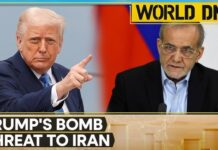


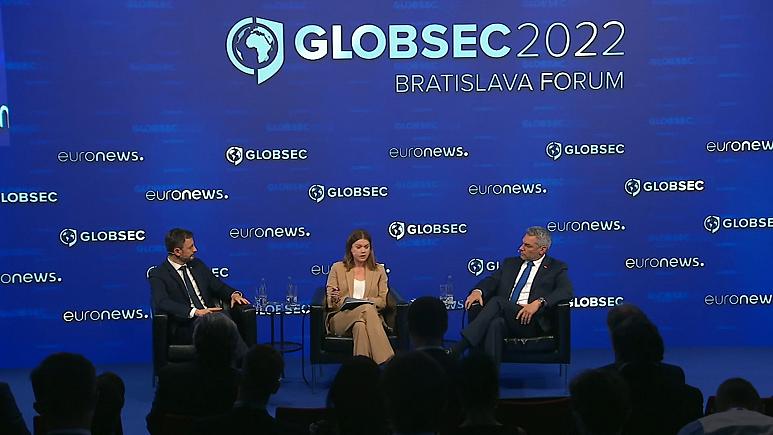

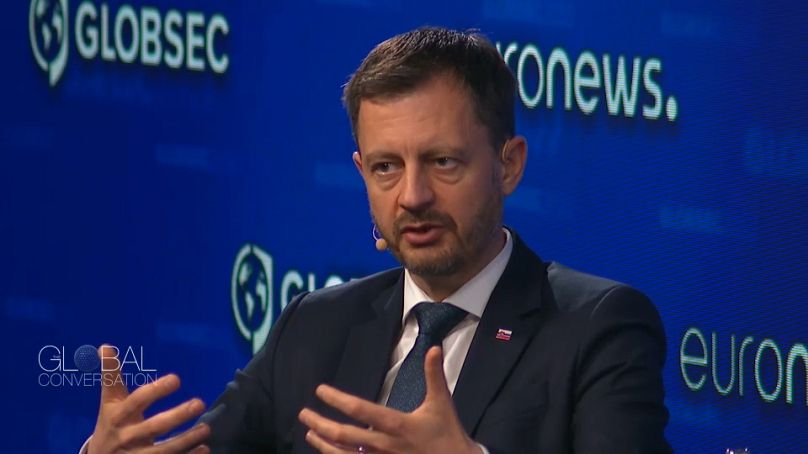
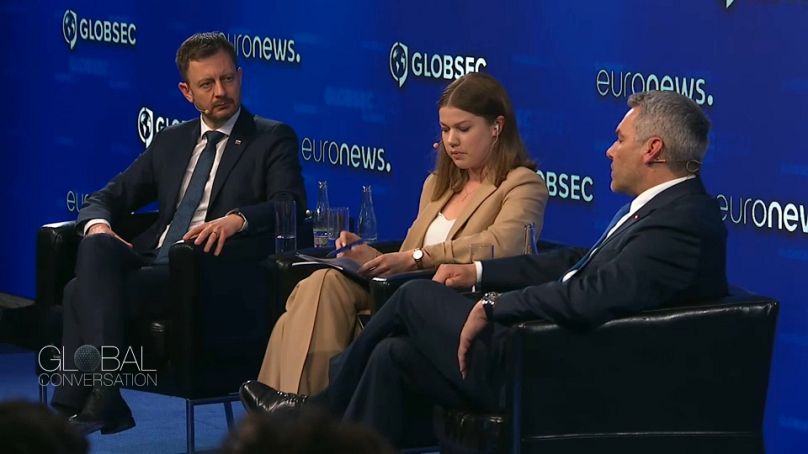
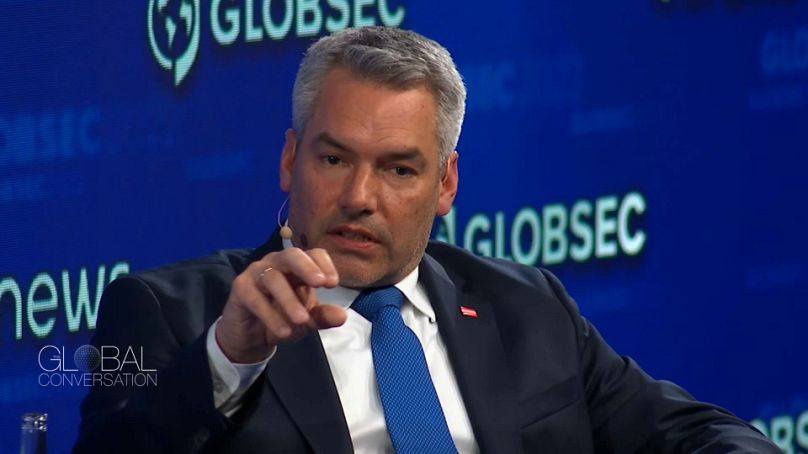
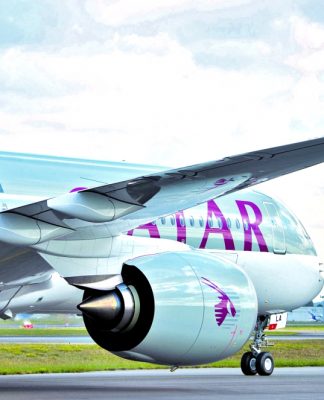
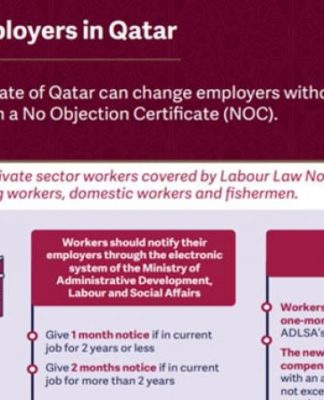
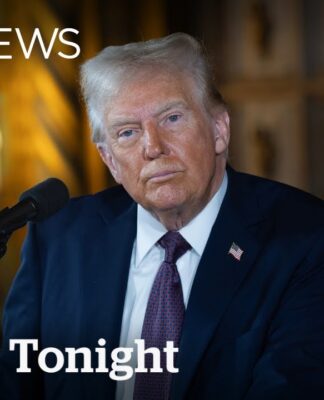
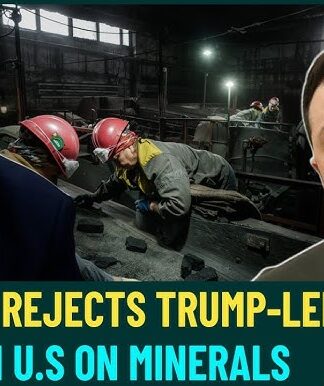
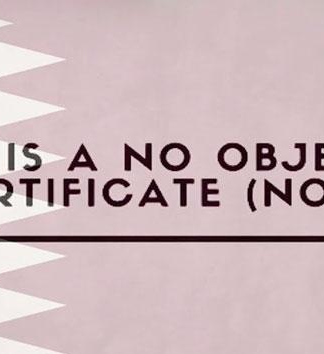
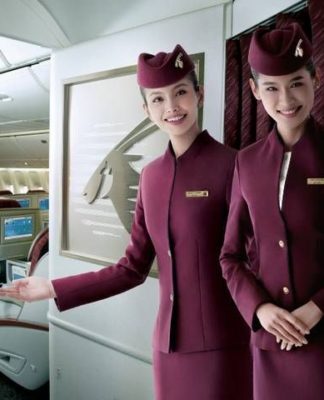
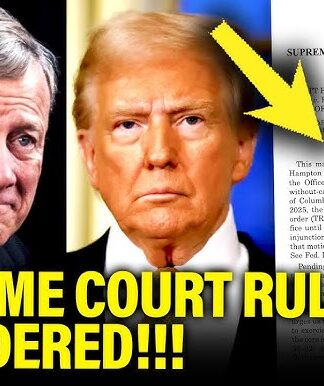
 Supreme Court Makes FIRST MAJOR RULING on Trump ACTS
Supreme Court Makes FIRST MAJOR RULING on Trump ACTS